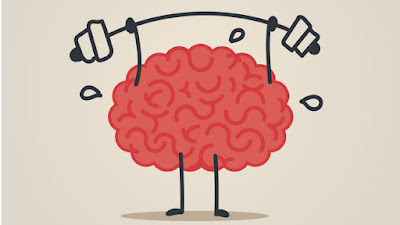When Words Fail
During our supervision meeting last week, my clinical supervisor and I were discussing music in therapy. My supervisor shared a story about a past client who came to mind.
My supervisor was called into the office one evening to conduct a suicide assessment for a teenage girl. When she first entered the room, the girl was standing against the wall, eyes downcast. She avoided eye contact and used as few words as possible in answering questions. My supervisor proceeded with the assessment, spoke to the girl's mother, and called the CAT (Crisis Assessment Team) team to proceed with hospitalization as she deemed it necessary. It just so happened to be one of those evenings where the CAT team was very busy and running late. My supervisor decided to walk back into the room to help the client cope during this time. But instead of asking if she is okay, she simply said, "So I heard you're in choir." The girl finally looked up. This began a lengthy conversation about choir, different choir parts*, and favorite songs. Finally, it ended with the girl singing her favorite choir song right there in the therapy room. It was as though she were completely a different person from the silent, closed-off girl from before. My supervisor and the girl's mother were deeply touched by her performance. As the CAT team arrived to take the girl to the hospital, there was an aura of hope that had not been there before.
Would you entertain the thought that perhaps there is a link between suicidality and music?
They are both things people do when words aren't enough to express their pain. This young girl, who was in so much pain that she wished she were dead, could not say much but was willing to express herself through song.
"When words fail, music speaks." - Hans Christian Andersen
Do you ever feel a block in your throat when trying to talk about difficult things? It's hard to be coherent and put words together that make sense, when in your mind things aren't making sense and your world is falling apart! Music is a way to communicate all these feelings without having to talk. When people make music, they are simultaneously engaging in both conscious and unconscious processes that are both cognitive and emotional. Rhythm, melody, dynamics, and lyrics engage not only your mind, but your soul.
I'm still far from understanding how my musician life and my therapist life should come together, but I think this is a step in the right direction.
P.S. This post was inspired by my sis Sarah Mori, MT-BC. You're the best!!
*The girl was an alto, in case you were wondering. Yay altos!


Comments
Post a Comment